Advanced academic research facilitates the evolution of sport culture and promotes friendship and goodwill among people.
The Graduate School of Nippon Sport Science University (NSSU) has the purpose of conducting advanced research in physical education, sport, subject-specific education, public health, and medicine in order to explore the depths of these fields and facilitate
the application of the science found therein; promote research on athletic performance enhancement, subject-specific education, public health, and medicine; train its students to become experts possessing advanced academic insight and research capability
and to develop into exemplary humans that thrive professionally in various corners of society; while promoting the evolution of sport culture, the development of novel subject-specific education studies, the advancement of public health and medicine,
and the formation of friendship and goodwill among all human beings.
Graduate School Structure
Graduate School of Health and Sport Science
Health and Sport Science Programs
| |
Master’s program |
Doctoral program |
| Program goals |
The Health and Sport Science Programs’ goals are to conduct advanced research in physical education and sport in order to explore the depths of these fields and facilitate the application of the science found therein; promote research on athletic
performance enhancement; train its students to become experts possessing advanced academic insight and research capability and to develop into exemplary humans that thrive professionally in various corners of society; while promoting the evolution
of sport culture and the formation of friendship and goodwill among all human beings. |
| Curriculum duration |
Two years |
Three years |
| Academic degree |
Master (Health and Sport Science) |
Doctor (Health and Sport Science) |
| Graduation requirement |
30 credits at least |
12 credits at least |
Graduate School of Health and Sport Science
Sport Coaching Science Programs
| |
Master’s program |
Doctoral program |
| Program goals |
The Sport Coaching Science Programs’ goals are to conduct advanced academic research in sport coaching in order to explore the depths of the field and facilitate the application of the science found therein; promote research in physical education
and sport instruction; train its students to become experts possessing advanced research capability for verifying the efficacy of the latest theories used in sport coaching practice, and for developing novel sport coaching studies; while promoting
the evolution of sport coaching science and the formation of friendship and goodwill among all human beings. |
| Curriculum duration |
Two years |
Three years |
| Academic degree |
Master (Sport Coaching) |
Doctor (Sport Coaching) |
| Graduation requirement |
30 credits at least |
12 credits at least |
Graduate School of Education
Practical Subject Pedagogy Programs
| |
Master’s program |
Doctoral program |
| Program goals |
The Practical Subject Pedagogy Programs’ goals are to conduct advanced academic research on subject-specific pedagogies in order to explore the depths of the field and facilitate the application of the science found therein; promote research on
practical education capabilities and teachers that are lifelong learners; train its students to become teachers that continuously improve their educational content and delivery and possess capability for developing novel subject-pedagogy studies
that maintain the unique content of each subject while recognizing the commonality underlying all subjects; while promoting the formation of friendship and goodwill among all human beings. |
| Curriculum duration |
Two years |
Three years |
| Academic degree |
Master (Education) |
Doctor (Education) |
| Graduation requirement |
30 credits at least |
10 credits at least |
Graduate School of Medical and Health Science
Division of Medical and Health Science
| |
Master’s program |
| Program goals |
The Division of Medical and Health Science’s goal is to train its students to become competent clinical instructors as well as educators and researchers in judo therapy that are experts in modern medicine, possess excellent capabilities of problem-solving,
safety management, and communication in therapy settings, along with advanced and evidence-based clinical skills; and also practitioners of research and education in the fields of pre-hospitalization emergency life-saving procedure and disaster
medicine, possessing clinical capabilities that are rooted in their advanced knowledge of medicine. |
| Curriculum duration |
Two years |
| Academic degree |
Advanced practical judo therapy course: Master (Judo Therapy) |
| Emergency and disaster medicine course: Master (Emergency and Disaster Medicine) |
| Graduation requirement |
30 credits at least |
Graduate School of Medical and Health Science
Doctoral Program in Judo Therapy
| |
Doctoral program |
| Program goals |
The goals of the Doctoral Program in Judo Therapy are to conduct advanced academic research in judo therapy in order to explore the depths of the field and facilitate the application of the science found therein; promote clinical research in judo
therapy; and train its students to become professionals that help develop the roles and functions that judo therapists play in society, perform judo therapy and deploy other measures to treat and prevent locomotor organ injuries and disorders
and to slow or reverse the aging of the locomotor system (anti-aging) for extension of people’s healthy lifespans; while building the academic foundation in the field of judo therapy and promoting the formation of friendship and goodwill among
all human beings. |
| Curriculum duration |
Three years |
| Academic degree |
Doctor (Judo Therapy) |
| Graduation requirement |
16 credits at least |
Graduate School of Medical and Health Science
Doctoral Program in Emergency and Disaster Medicine
| |
Doctoral program |
| Program goals |
The goals of the Doctoral Program in Emergency and Disaster Medicine are to conduct academic research in emergency and disaster medicine in order to promote scientific studies in clinical and educational operations including development of systems
for sports emergency medicine and disaster medicine; and train its students to become professionals that can implement active learning and deliver value in local communities; while facilitating the advancement of emergency and disaster medicine
and promoting the formation of friendship and goodwill among all human beings. |
| Curriculum duration |
Three years |
| Academic degree |
Doctor (Emergency and Disaster Medicine) |
| Graduation requirement |
28 credits at least |
Facilities
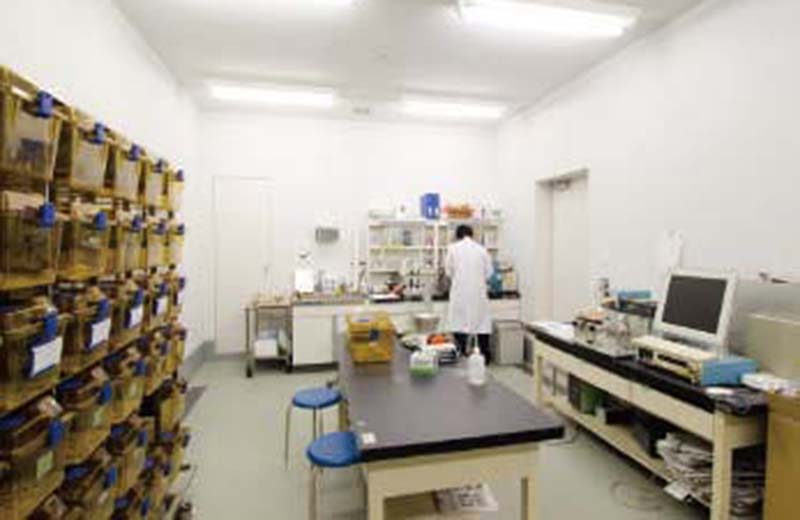 This room is used to raise small animals for experimental purposes (mice and rats).
This room is used to raise small animals for experimental purposes (mice and rats).
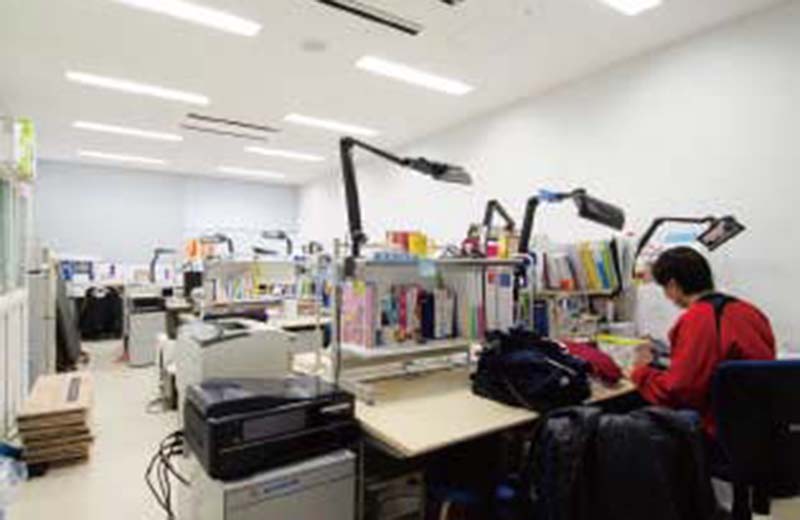 This room is used by graduate school students to read literature and author their dissertations.
This room is used by graduate school students to read literature and author their dissertations.
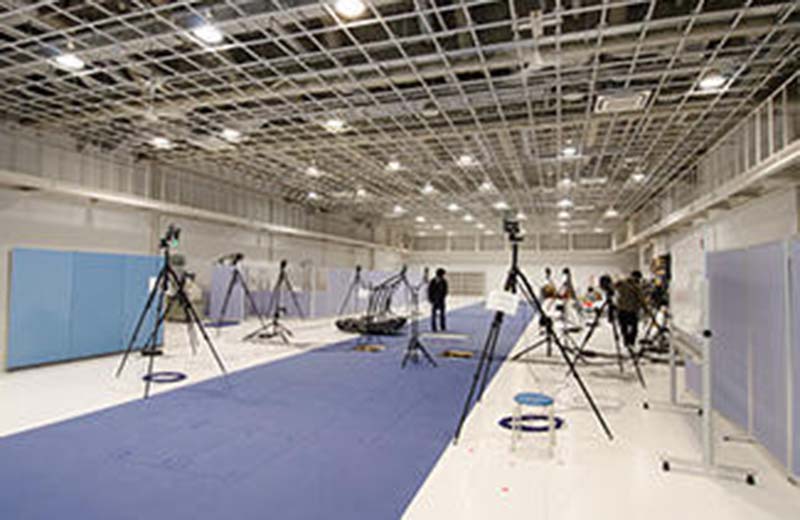 This room has a space equivalent to a medium-sized gymnasium. The layout includes a tartan track placed in the middle with a catwalk installed around the edges, which allows for various biomechanical tests. The room is also equipped with muscular strength
measuring instruments, etc. and can be used for various purposes.
This room has a space equivalent to a medium-sized gymnasium. The layout includes a tartan track placed in the middle with a catwalk installed around the edges, which allows for various biomechanical tests. The room is also equipped with muscular strength
measuring instruments, etc. and can be used for various purposes.
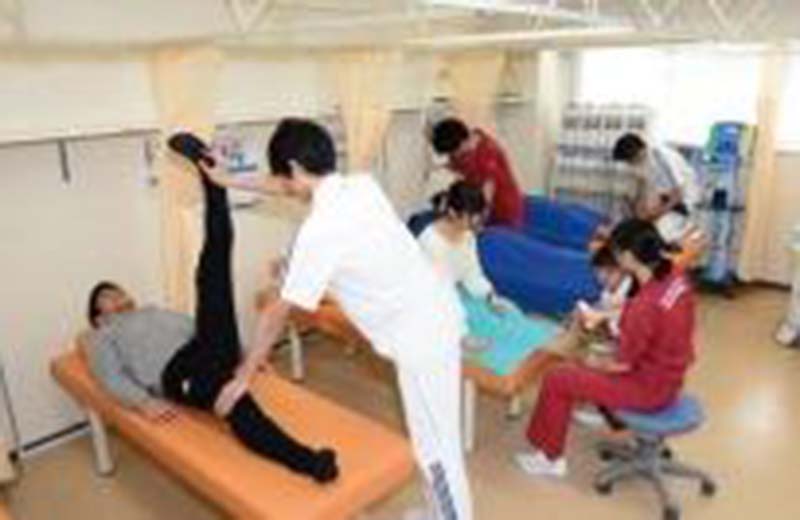 This facility is open on weekdays as well as on weekends to treat patients so that they can fully engage in their sporting activities feeling safe and confident.
This facility is open on weekdays as well as on weekends to treat patients so that they can fully engage in their sporting activities feeling safe and confident.
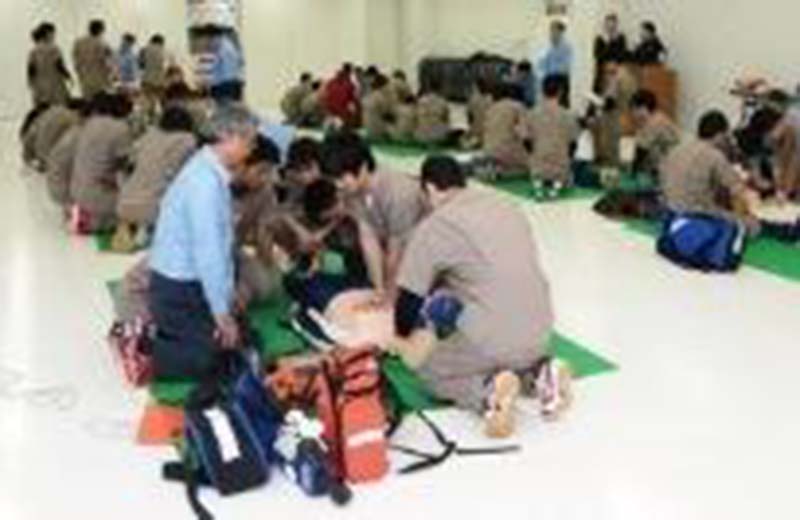 This room is used to conduct various simulation practicums in emergency medicine.
This room is used to conduct various simulation practicums in emergency medicine.

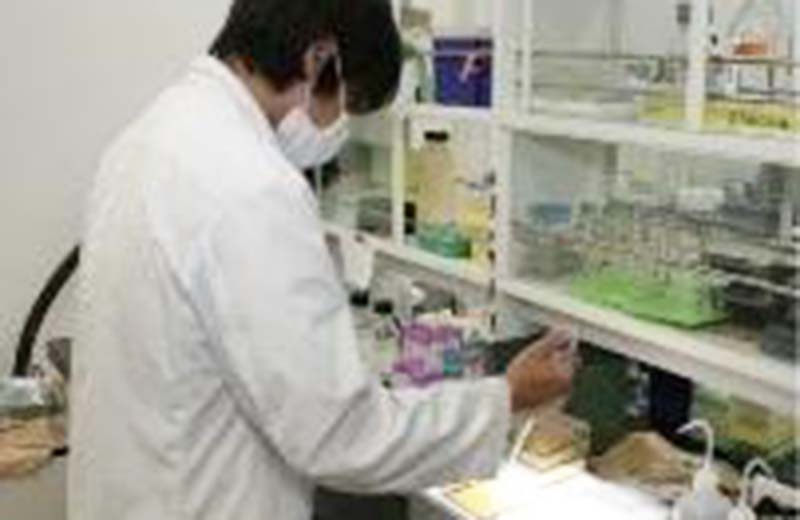 This room is for conducting biochemical tests, pathological tests, genetic tests, etc. involving blood and tissue specimens.
This room is for conducting biochemical tests, pathological tests, genetic tests, etc. involving blood and tissue specimens.
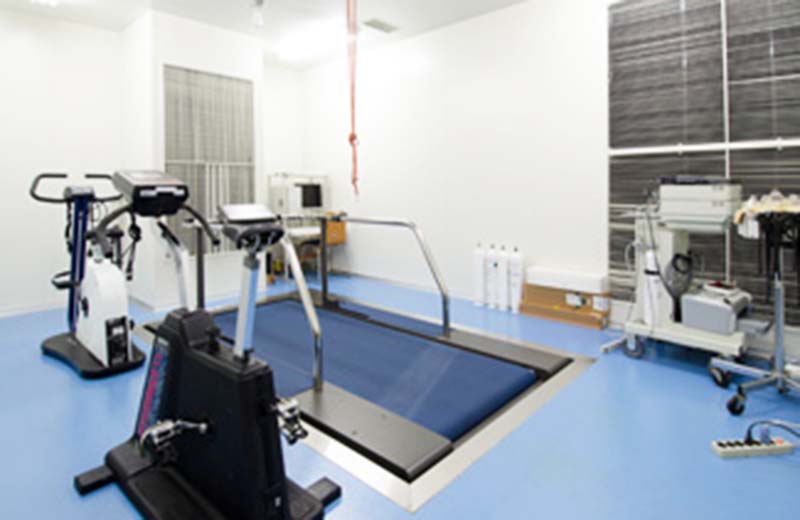 This room is equipped with the control function for adjusting temperature and humidity to any desired levels. It consists of two rooms, one of which has a treadmill embedded in the floor and allows for exercising tests, while the other room is set up
for measurement while the subjects are in resting state.
This room is equipped with the control function for adjusting temperature and humidity to any desired levels. It consists of two rooms, one of which has a treadmill embedded in the floor and allows for exercising tests, while the other room is set up
for measurement while the subjects are in resting state.
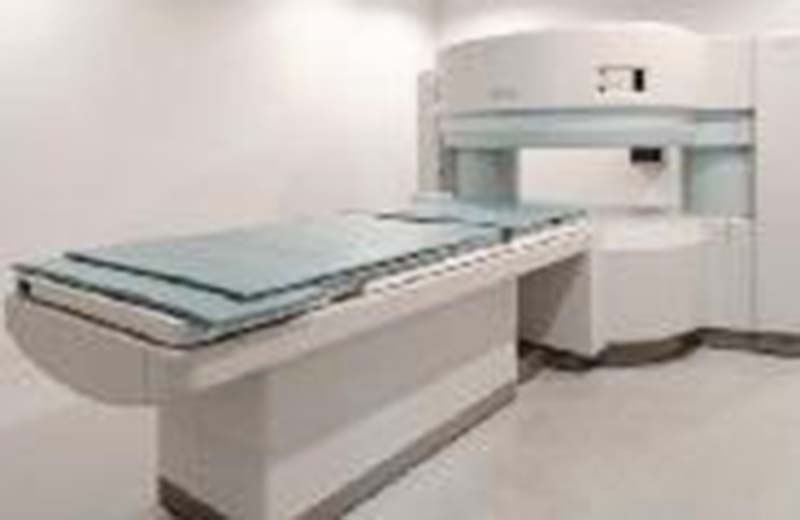 This room is mainly used for the measurement and study of the shape of muscles and body compositions in a non-invasive manner.
This room is mainly used for the measurement and study of the shape of muscles and body compositions in a non-invasive manner.
 This room is used to raise small animals for experimental purposes (mice and rats).
This room is used to raise small animals for experimental purposes (mice and rats).
 This room is used by graduate school students to read literature and author their dissertations.
This room is used by graduate school students to read literature and author their dissertations.
 This room has a space equivalent to a medium-sized gymnasium. The layout includes a tartan track placed in the middle with a catwalk installed around the edges, which allows for various biomechanical tests. The room is also equipped with muscular strength
measuring instruments, etc. and can be used for various purposes.
This room has a space equivalent to a medium-sized gymnasium. The layout includes a tartan track placed in the middle with a catwalk installed around the edges, which allows for various biomechanical tests. The room is also equipped with muscular strength
measuring instruments, etc. and can be used for various purposes.
 This facility is open on weekdays as well as on weekends to treat patients so that they can fully engage in their sporting activities feeling safe and confident.
This facility is open on weekdays as well as on weekends to treat patients so that they can fully engage in their sporting activities feeling safe and confident.
 This room is used to conduct various simulation practicums in emergency medicine.
This room is used to conduct various simulation practicums in emergency medicine.